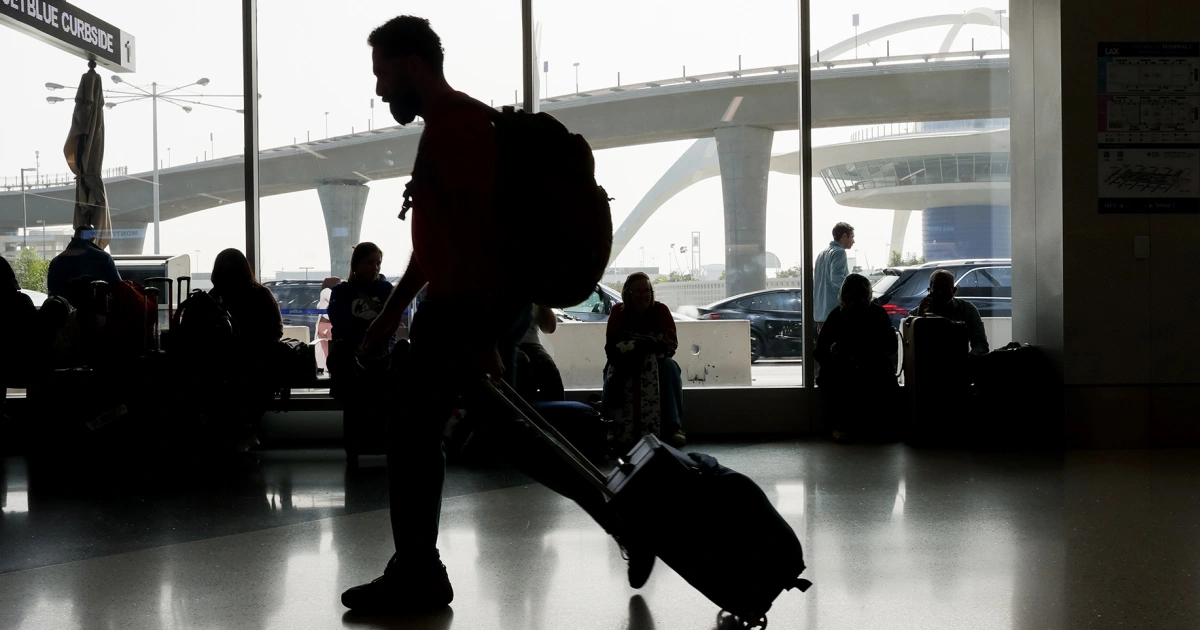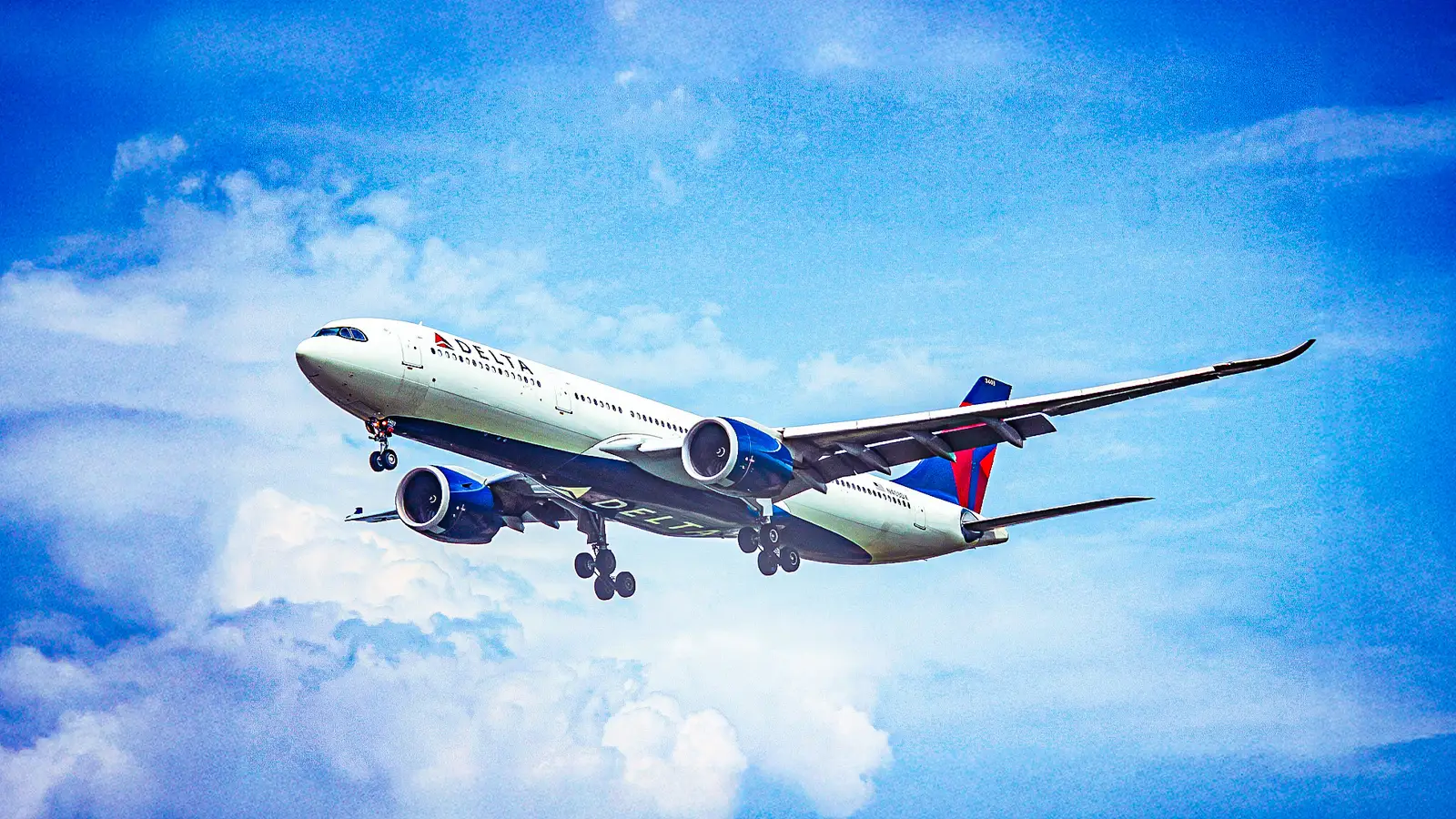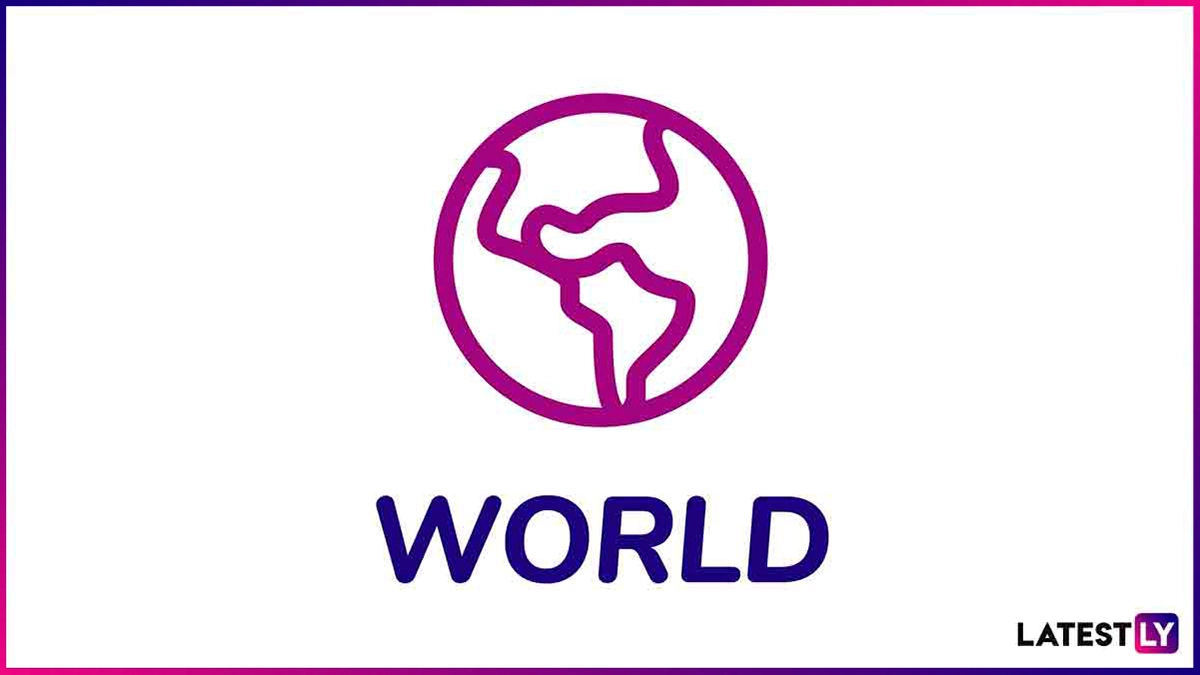Copyright NBC News

The U.S. Department of Transportation is ordering airlines to begin reducing flight schedules at 40 “high traffic” airports by 10%, as the government shutdown approaches a record-40th day. Transportation Secretary Sean Duffy says the cuts are designed to "alleviate the pressure" on air traffic controllers who are now working without pay due to lapses in federal funding. FAA administrator Bryan Bedford says the restrictions — which will begin Friday — are needed to maintain safety because “fatigue” is hitting air traffic controllers. Major carriers announced that they will begin implementing schedule changes in the coming days. But analysts caution that the situation remains subject to change, and stressed that airline ticket holders should check directly with carriers for the latest updates to their travel. So what happens if your flight is affected? Passengers will be eligible for refunds if their flight is cancelled due to the government shutdown and they choose not to accept a rebooked flight. Major carriers are required to automatically rebook passengers whose flights are canceled at no charge — or refund the airfare if the passenger decides not to accept the new flight. Many major airlines are also waiving change fees and penalties for passengers who are looking to switch their flights on their own, though some carriers are applying limits. United Airlines has issued a waiver for select flights departing between Nov. 6 - 13, but said rebooked flights must be on United and must depart within a specific window that covers the six days on either side of the original travel date. The United waivers and refund policies will even apply to passengers who have non-refundable or basic-economy tickets. American Airlines' change-fee waiver also applies to all fare levels for affected flights between Nov. 7 - 14, but only for passengers who are able to travel by Nov. 16. International flights are not expected to be affected by the shutdown. Major U.S. carriers also stressed Thursday that most flights won't be affected by the restrictions being applied to 40 high-traffic airports. American Airlines said that its initial schedule changes would amount to around 220 flights canceled each day — but that it plans to continue operating around 6,000 daily flights. United said it was continuing to make updates to its schedule. Others major carriers are advising passengers to try to stay flexible, however. Frontier Airlines CEO Barry Biffle suggested Thursday that passengers should book a backup ticket on another airline if they need to travel in the next few days. In a LinkedIn post, Biffle wrote that while carriers like Frontier would be putting impacted passengers on the next available flights, “that may not be until after your event due to the scale of this disruption.” “Make sure you buy a backup that is changeable into a credit or full refund,” he wrote. “If you don’t need the insurance keep the credit for your next flight.” How travel insurance policies will be impacted by the shutdown is unclear. A flight would be less likely to qualify for coverage if a policy was purchased after the shutdown began Oct. 1. After that, most carriers would deem the shutdown to have been a “foreseeable event” that would be difficult to make a claim against, wrote Squaremouth's Lauren McCormick on the travel insurance comparison site Wednesday. Passengers could also purchase a “canceled for any reason" policy, though McCormick estimated that these would likely cost about $56 a day on average — as much as 50% more than a typical comprehensive coverage plan. A passenger may also be covered if a carrier declares the shutdown to be a “common carrier delay," she wrote. It was unclear late Thursday whether any airlines had done so. If you plan to travel in the next week, please continue to monitor the status of your flight and the carrier's refund and rebooking policies.



